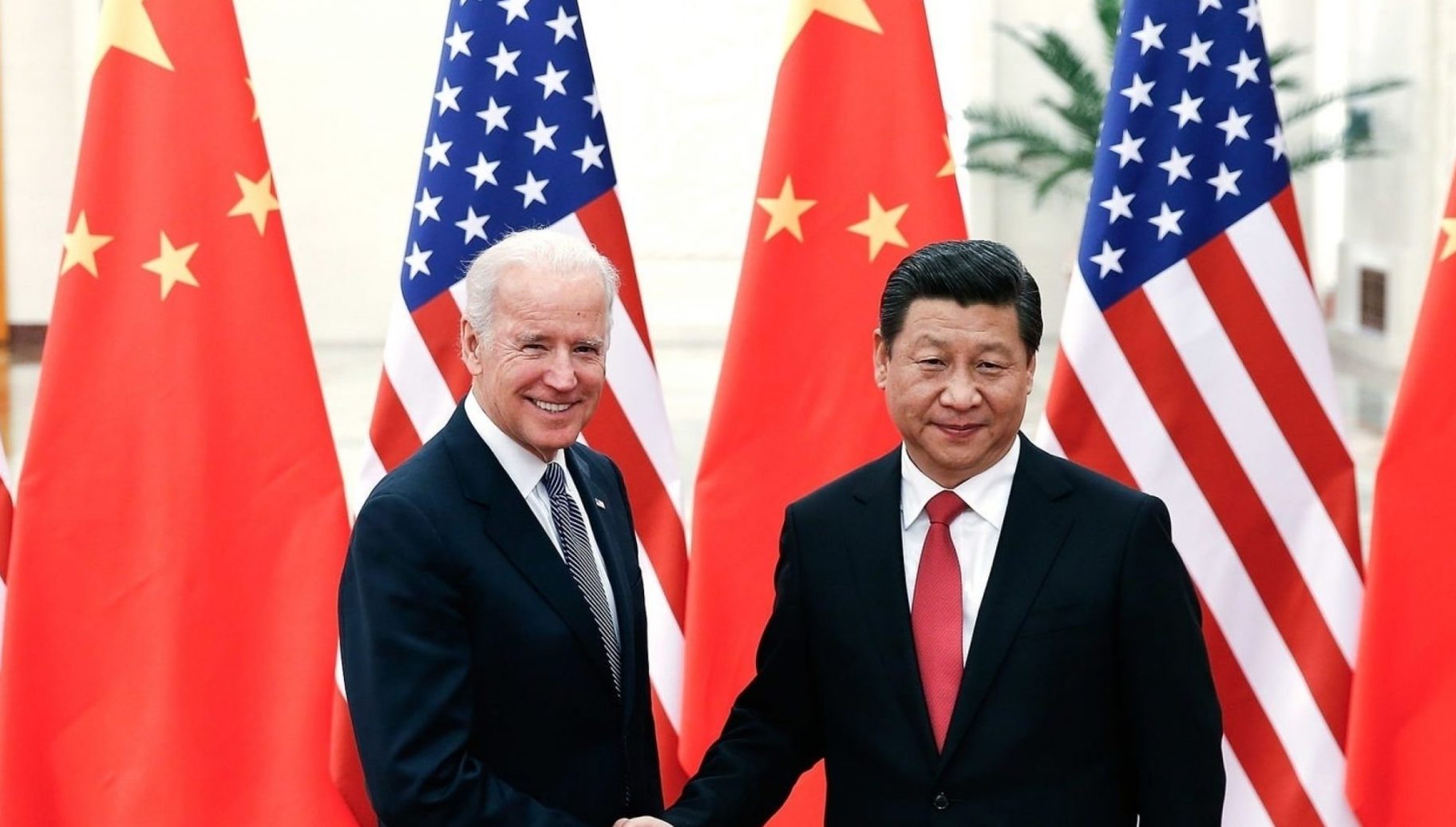US-China Fentanyl Agreement Could Have Big Strings Attached

With an opioid crisis claiming the lives of roughly 150 Americans each day, many U.S. officials are pointing a finger not only at the porous border across which fentanyl and other deadly drugs enter the country but also at the source of many such narcotics: China.
At first glance, it appears that President Joe Biden has prioritized a deal with his Chinese counterpart ahead of a meeting in California that would see harsher regulation of the chemical companies that produce key components required in the manufacture of fentanyl.
“We’re hoping to see some progress on that issue this coming week,” declared White House national security adviser Jake Sullivan. “That could then open the door to further cooperation on other issues where we aren’t just managing things, but we’re actually delivering tangible results.”
Sources familiar with the fledgling negotiations, however, indicate that the U.S. might be required to make some objectionable concessions in order to achieve any meaningful action on China’s part to prevent the flow of synthetic opioids into America. Most notably, Chinese leader Xi Jinping reportedly wants the U.S. government to turn a blind eye to the communist nation’s record of human rights abuses by rolling back restrictions on the agency allegedly responsible for interning members of the Uyghur minority in camps.
Sullivan conspicuously steered clear of any remarks related to China’s demands, asserting: “I won’t get too far ahead of the meeting and I’ll let the president speak for himself after he has the chance to meet with President Xi, but we believe that there are areas where our interests overlap, like our efforts to combat the illicit fentanyl trade.”
Earlier this year, however, a Chinese embassy spokesperson essentially acknowledged that any effort to combat the China-to-America fentanyl pipeline would require the rescission of certain U.S. foreign policies.
“The U.S. sanctions against Chinese companies and citizens will add more obstacles to China-U.S. counter-narcotics cooperation,” the source said in May.
Taking the speculation even further, economist Derek Scissors of the American Enterprise Institute think tank cited China’s “unstated condition” for any agreement reached by Biden and Xi this week.
“Void if you criticize Xi and the Communist Party,” he said. “If the Biden administration isn’t pro-China in 2024, enforcement of a fentanyl deal will fade away.”
























